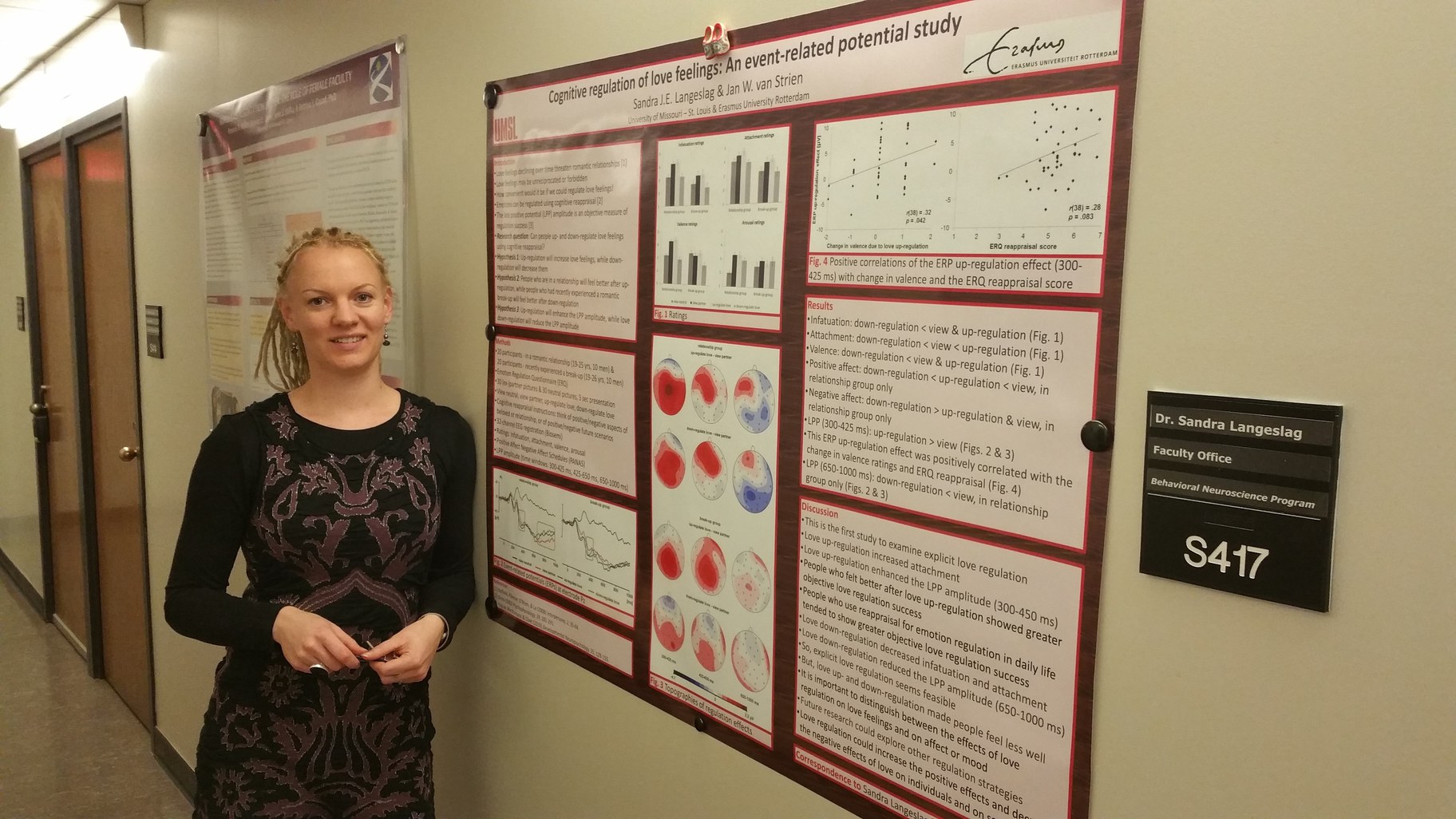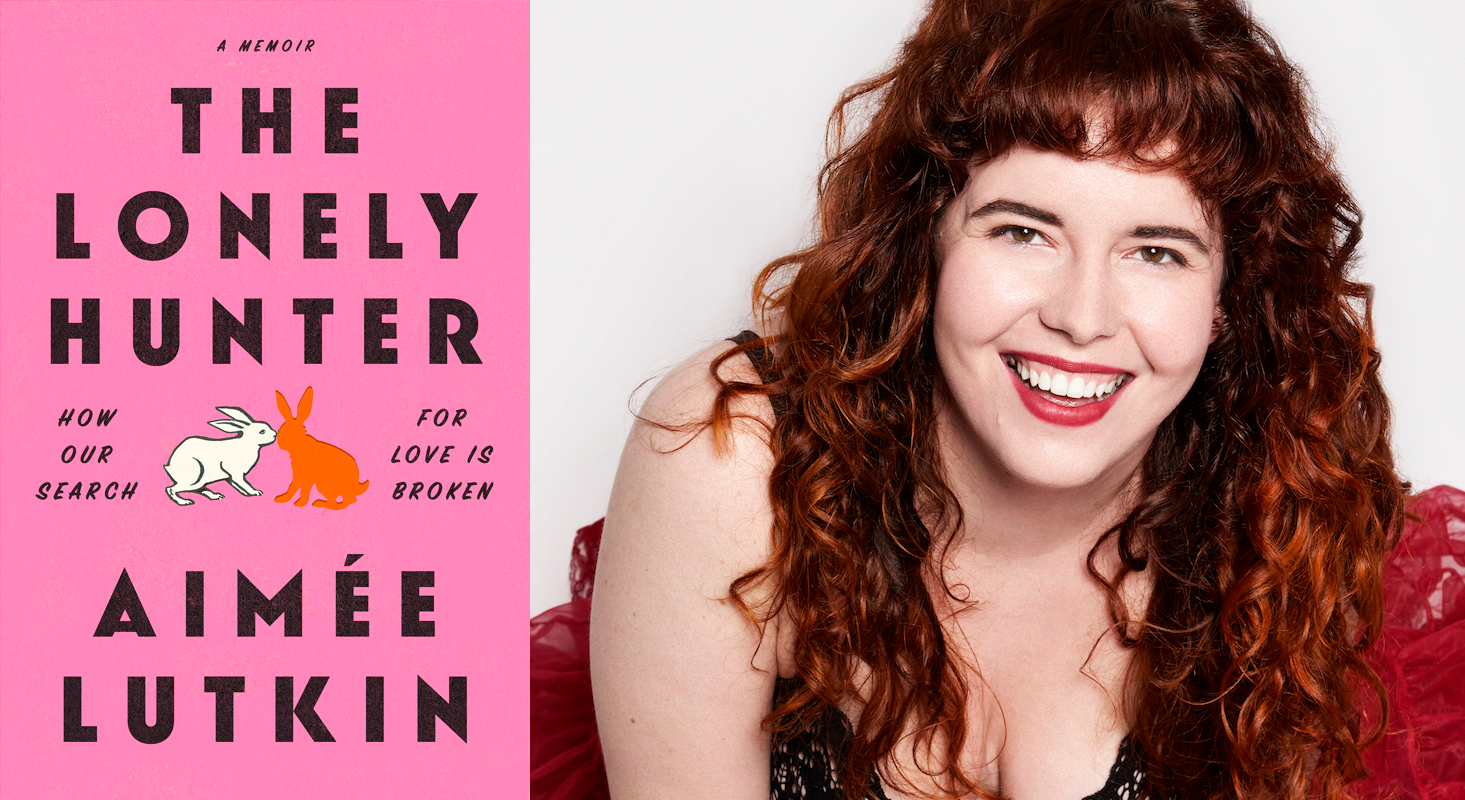Sandra Langeslag, “love” scientist and associate professor of psychological sciences at the University of Missouri-St. Louis, studies the effects of breakups on the brain. Her research focuses on whether, by thinking either positively or negatively about someone we love, we can change our feelings towards that person.

Scientist Sandra Langeslag studies the cognitive effects of love. Photo courtesy of Sandra Langeslag.
Jonathan Bastian talks with Langslag about whether it’s possible to cure a broken heart. She says that it is possible to regulate how much we love and explains various strategies for feeling less in love with our exes. Although loss and sadness is considered part of the human condition, Langeslag says that heartbreak is also a major risk factor for depression and can even turn into a mental disorder.
“Cancer is also normal and we're trying to cure that,” she explains. “So even if something is naturally occurring, it doesn’t mean we shouldn't try to do something about it.”
For many, the pain of a breakup comes with the fear and anxiety of being alone. Loneliness has been flagged as a major risk factor for overall health and wellbeing, and is increasingly common with young people as well as the elderly. Millennials are marrying later, and men and women have different relationship expectations than a generation ago, all of which has impacted coupledom and the rise of the single life. Less heartbreak, but perhaps more loneliness?
What does singlehood look like in 2022, and is traditional “coupledom” the only solution? The conversation continues with Aimee Lutkin, writer, performer, and author of “The Lonely Hunter: How Our Search for Love Is Broken: A Memoir.”
Bastian speaks with Lutkin about her book and the challenge of being alone and single. Lutkin laments that there is still so much pressure to couple up, despite there being more unmarried adults than ever before.
“If I were in a relationship, probably people would treat me better,” she points out. “So would I feel better because I was… in a relationship, or because I was being given more respect and dignity as a coupled person?”
Is there something wrong with our culture when “being in a relationship is so connected to status and respect in society?” 
Aimee Lutkin. Photo by Alex Schaefer.
